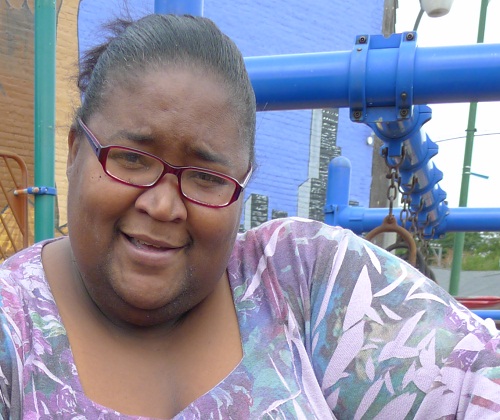For parents, progress in teacher talks none too soon
By Chip Mitchell

For parents, progress in teacher talks none too soon
By Chip Mitchell
“I’m really, really stressed out,” said Josefina Pérez, a hospital receptionist whose daughter started 7th grade last week in Little Village, a Mexican-American neighborhood on the city’s Southwest Side. “This week I didn’t go to work twice. If I miss another day, they’re going to fire me.”
In low-income neighborhoods, there is a range of views about whether the teachers should be out on strike. After four days without school, though, there was consensus that the work stoppage is having a big impact on parents and children.
Pérez said she hasn’t found a place she trusts to look after her daughter, who has been acting up. “She’s been running the streets, going by the park, hanging out with friends over there,” she said.
The school district is offering supervision at four Little Village schools, among 147 citywide. But some children can’t get to any without crossing dangerous boundaries.
“Around this area, there’s a lot of gang activity going on,” Pérez said.
Pérez said she wants her daughter back in her own school.
In Austin, a primarily black neighborhood, youth worker Faye Edwards pointed out that turnout at the contingency schools around there had been light.
“A lot of kids are just at home,” said Edwards, who works for an Austin group called the Westside Health Authority. “Or they’re out in the street.”
Youth workers say there is little inspiration to go to a school where there are no teachers. They say the last thing low-income teens need is an extended summer vacation.
“We need our children in school to get educated so they can be empowered and be productive people,” Edwards said.
Parents and youth workers have a warning about the strike’s effects on neighborhoods with high dropout rates: The longer the work stoppage lasts, the harder it will be to get kids back in school.